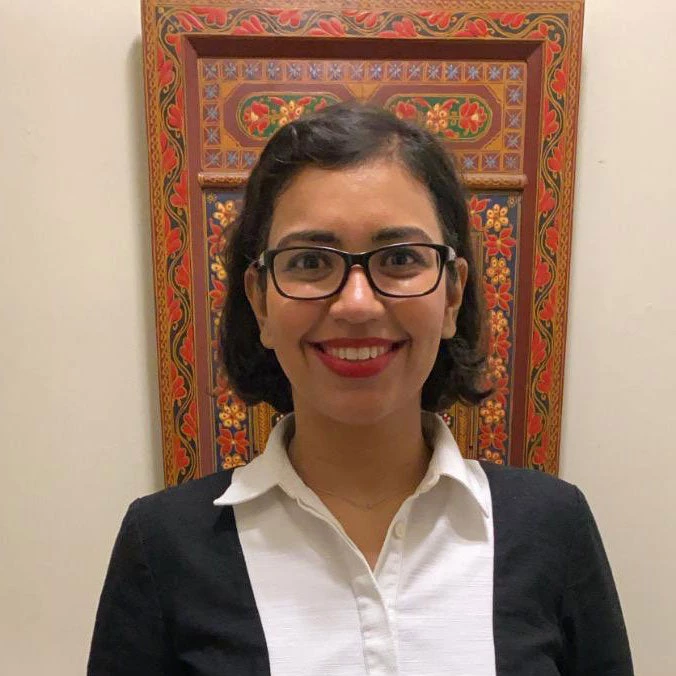Karibu Mombasa!
With those words, the World Bank Group’s network on Financial and Private Sector Development (FPD) this week kicked off a major knowledge and learning conference on development in Mombasa, Kenya. More than 250 participants – private-sector innovators, government policymakers and development practitioners from throughout the Africa region as well as from the Bank Group’s headquarters in Washington – came together to share ideas about cutting-edge innovations in delivering services; to brainstorm with colleagues on development strategy for Africa; and to consider new tactics to help meet the practical, everyday needs of Africans.
Delivering strong value for the Bank Group’s client countries was the theme of Klaus Tilmes, the network’s Acting Vice President, as the group envisioned the impending FPD transition into two new Global Practices: Trade & Competitiveness and Finance & Markets. Inclusive growth and inclusive finance – which are vital elements in achieving the Bank Group’s mission of eliminating extreme poverty and building shared prosperity – are the twin and complementary themes through which the two new practices will aim to help their clients meet the development challenge.
Promoting inclusive growth and creating jobs – as engines of growth, as key areas of cooperation between the public and private sectors, and as the backbone of the Bank Group’s approach to promoting a world free of poverty – was the conference’s first-day theme. In this context, youth and female unemployment are priority issues for Kenya and for other African countries – from the perspective of equity, certainly, but also from the perspective of social cohesion.
A candid assessment of Kenya’s challenges was laid out by the country’s Cabinet Secretary for the Ministry of Industrialization and Enterprise Development, Adan Abdulla Mohamed. He was equally forthright in sharing his government’s vision, which is built on increasing investment in health and education; incentivizing labor-intensive industries; and, perhaps most important, learning from the experiences of other countries. Promoting inclusive growth is a central factor within this vision, along with a commitment to having the private sector drive the growth agenda.
Kenyan entrepreneurs featured prominently in a dynamic discussion of innovation, entrepreneurship and job growth. Joanne Mwangi emphasized the socio-cultural constraints to women’s entrepreneurship – especially their lack of access to information, markets and networks of influence, which in turn hinders their access to financial resources. Young entrepreneurs are undervalued in a culture that emphasizes age and experience, panelists said: That viewpoint discourages young business-builders from engaging in entrepreneurship.
The role of a vibrant financial sector as an indispensable stimulant of shared prosperity was the gathering’s second-day focus. Gaiv Tata, who leads the network’s Financial Inclusion and Infrastructure practice, emphasized inclusion as an essential means to achieve the Bank Group’s vision. The conference’s keynote speech, by Nzomo Mukutu of Kenya's central bank, highlighted the rapid growth of the financial intermediary sector: That sector has grown faster than the Kenyan economy as a whole in recent years. Case in point: In 2013, 67 percent of adults had access to financial services, compared to just 41 percent as recently as 2009. The development of a monetary union in the East African Community is another important factor in helping leverage a common market for services, Initial Public Offerings and the issuance of regional bonds.
Innovation was the topic of a panel that explored imaginative new approaches to delivering financial services through mobile technologies and data-centered product design – an especially important factor in overcoming the lack of high-quality credit information. The panelists' underlying message was the need for creativity in financial services, along with the importance of partnering with the private sector in making the most of existing technologies. For example, the World Food Program’s cash-transfer initiative, replacing direct food aid with cash payments, was seen as delivering significant improvements – the positive result of rethinking traditional approaches and prioritizing the everyday, on-the-ground needs of poor people. The critical takeaway idea was strong support for experimenting with new approaches, learning from mistakes, and finessing traditional approaches to reflect practitioners' evolving know-how.
Africa’s particular challenge in infrastructure development was the focus of another panel, highlighting the role of institutional investors like pension funds and mutual funds in filling funding gaps in the public sector. The need to identify and manage risks accurately, panelists noted, features prominently in that approach. South Africa’s successful experience with issuing project bonds for green energy projects was cited as an important example that other countries can study and emulate.
As the knowledge-sharing conference continues, the discussions in Mombasa will focus on operationalizing the knowledge that has been developed; exploring opportunities for closer collaboration with the private sector; and emphasizing the Bank Group’s commitment to helping fragile and conflict-affected states. The know-how shared in the Mombasa discussions is sure to strengthen the performance of development practitioners across Africa, helping them meet the challenge of delivering world-class expertise and achieving high-impact results for the World Bank Group’s client countries.


Join the Conversation